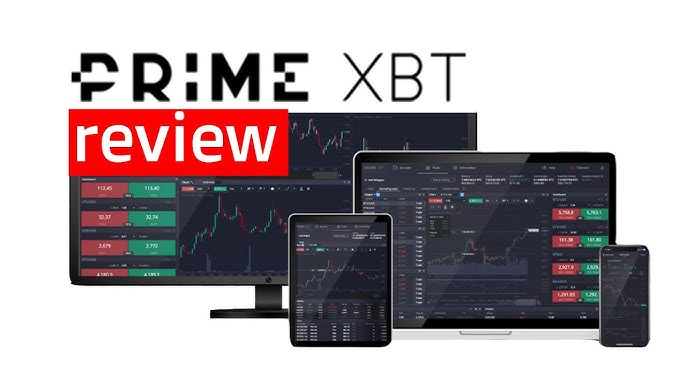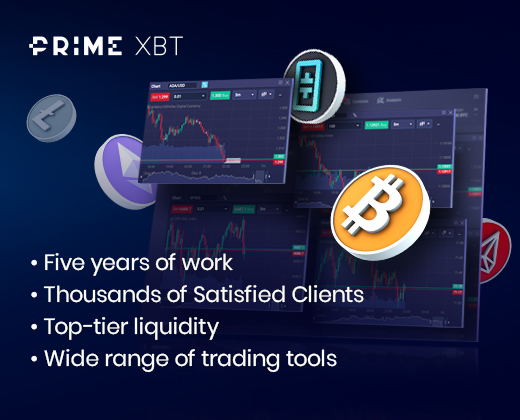
Do You Need a VPN?
In an increasingly connected world, the question «Do you need a VPN?» is more relevant than ever. A virtual private network (VPN) provides a secure and private connection to the internet, allowing users to browse freely while protecting their personal information. In this article, we will explore the various reasons individuals might consider using a VPN, its advantages, and any associated risks. For those interested in trading, consider checking out the do you need a vpn for primexbt PrimeXBT trading platform for enhanced security during your online transactions.
What is a VPN?
A VPN works by encrypting your internet connection, making it difficult for third parties, like hackers or ISPs, to track your online activities. When you use a VPN, your data is sent through a secure tunnel to a server operated by the VPN provider, which masks your IP address and replaces it with one from the server. This not only protects your identity but also gives you access to region-restricted content.
Reasons to Use a VPN
1. Enhanced Security
One of the primary reasons people use VPNs is for enhanced security, especially when using public Wi-Fi networks. Cybercriminals often target public networks to steal sensitive information like passwords and bank details. A VPN encrypts your data, making it significantly harder for hackers to intercept.
2. Privacy Protection
Your internet service provider (ISP) can monitor your online activities and sell that information to advertisers. A VPN hides your browsing history from your ISP, ensuring that your online actions remain private. This is crucial in an era where companies are increasingly accumulating user data.
3. Accessing Geo-Restricted Content
Many streaming services restrict their content based on geographical locations. A VPN allows you to spoof your location by connecting you to a server in a different country, granting you access to content that may not be available in your region. For instance, shows exclusive to Netflix in the US can be accessed from other countries with a VPN.
4. Bypassing Censorship
In some countries, internet censorship is prevalent, with authorities restricting access to certain websites and platforms. A VPN can help users bypass these restrictions, enabling access to a free and open internet. This is particularly important for activists and journalists who need to communicate freely without fear of retribution.
5. Secure Remote Access
As remote work becomes more common, many businesses use VPNs to allow employees secure access to the company’s network from anywhere in the world. This ensures that sensitive company data remains protected while enabling employees to work from various locations seamlessly.
Potential Risks of Using a VPN
1. Trustworthiness of VPN Providers
While many VPNs promise privacy and security, not all providers can be trusted. Some free VPN services have been known to collect user data and sell it to third parties. It is crucial to research and choose reputable VPN services with clear privacy policies.

2. Slower Internet Speeds
Using a VPN can sometimes lead to slower internet speeds due to the extra step your data takes to reach its destination. The level of encryption, the server’s distance, and the number of users on the same server can all affect your browsing speed. Premium VPN services usually offer faster connections to mitigate this issue.
3. Compatibility Issues
While most devices support VPN software, some devices or specific applications may not be fully compatible with certain VPNs. This can lead to difficulties when trying to access content or services that require specific protocols.
How to Choose the Right VPN
When considering whether you need a VPN, selecting the right provider is vital. Here are some factors to consider:
1. Privacy Policy
Ensure that the VPN provider has a clear and strict no-logs policy, meaning they do not store any of your online activities.
2. Security Features
Look for a VPN that offers strong encryption protocols and additional features such as a kill switch, which disconnects your internet if the VPN connection drops.
3. Server Locations
The more servers a VPN provides across various countries, the better the chances you have of accessing geo-restricted content.
4. Customer Support
Good customer support can make a huge difference, especially if you encounter any technical issues. Look for providers that offer 24/7 customer support through various channels.
Conclusion
In summary, whether you need a VPN depends on your specific online activities and concerns. A VPN can offer significant advantages in terms of security, privacy, access to content, and bypassing censorship, making it a valuable tool for many internet users. However, it is essential to weigh the potential risks and ensure you choose a reputable VPN provider to truly benefit from its advantages.
